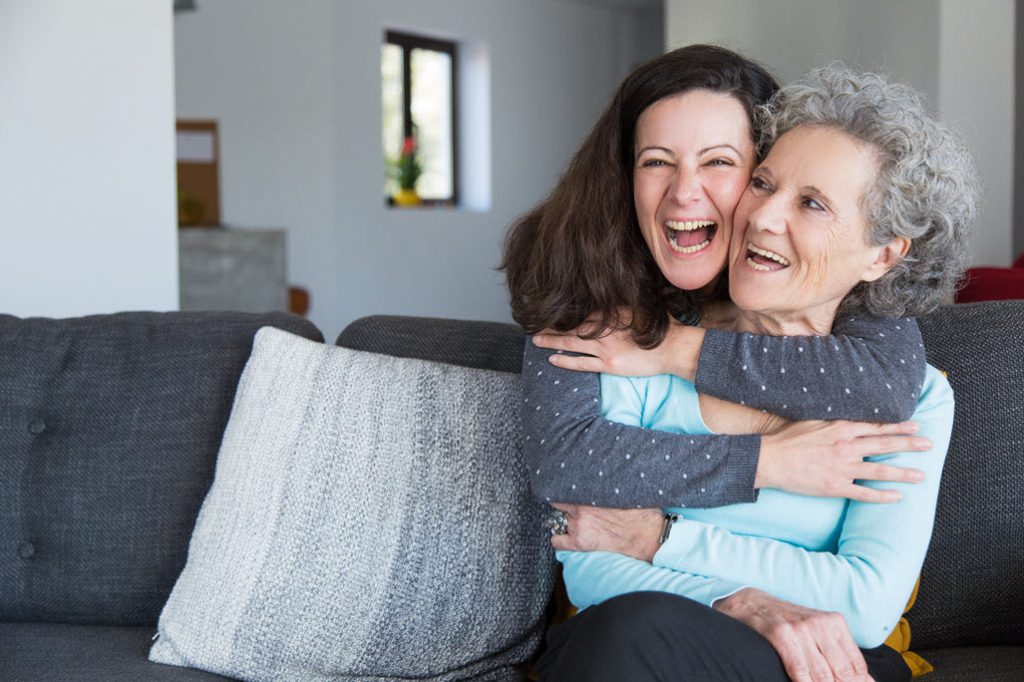Lifestyle

Have you heard of the term ‘ectopic pregnancy’? It’s a rare but potentially life-threatening condition that can affect women of reproductive age.
Ectopic pregnancy is when conception occurs, but the fertilised egg doesn’t make it to the uterus. If the cells start to multiply in the fallopian tube (instead of the uterus) the woman will soon begin to feel abdominal pain as the tube stretches, and often abnormal bleeding and heavy spotting will occur.
Because the symptoms occur very early in an ectopic pregnancy, a woman can mistake the bleeding for her regular (or late) period and not realise that she is pregnant. She may also think she’s having a spontaneous miscarriage, which occurs in about one in four pregnancies.
An ectopic pregnancy will need medical intervention. There is no chance of a viable pregnancy occurring, but the cells will continue to multiply and the fallopian tube can rupture under the pressure. That will cause serious internal bleeding and must be treated as a medical emergency.
A doctor will be able to confirm an ectopic pregnancy by a blood test or ultrasound. If it’s still at the very early stage, the doctor may prescribe medication to halt the cell division and dissolve the tissue. If detected later, the woman will require surgery to remove the pregnancy tissue. Unfortunately, around 15% of ectopic pregnancies are diagnosed in the hospital emergency room after the fallopian tube has ruptured!
The figures vary from hospital to hospital, but around one or two in every 100 pregnancies are ectopic. Damage or defects in the fallopian tube are the usual cause. But there are other risk factors, such as being older than 35, endometriosis, past pelvic infection, past ectopic pregnancy, and certain contraceptives (like the mini pill).
For each woman who suffers an ectopic pregnancy, the definitive cause may never be known. But having had one ectopic pregnancy, she must be alert for the warning signs in subsequent pregnancies. The risk of a repeat ectopic pregnancy is approximately 1 in 10.
Ectopic pregnancy is rare, but dangerous. Screening and developments in early pregnancy monitoring have reduced the number of deaths from ectopic pregnancy and helped to raise awareness.
If you experience pain or bleeding in early pregnancy you should seek urgent medical attention.